The UK Overseas Territories (UKOTs) are fourteen territories with a constitutional and historical link with the United Kingdom, but do not form part of the United Kingdom itself. These include a range of Caribbean and Atlantic islands, territories in the Indian Ocean, stretches of Antarctica, and territories in Europe, including Gibraltar. The UK Health Security…
Author: Richard Price
Singapore Visits London
In May 2023, NHS England (NHSE) welcomed a delegation from the Singapore Ministry of Health to London, to share learning and knowledge on our respective health systems. As upper income countries, the UK and Singapore are dealing with similar challenges around implementation of technology in our health services, alongside demographic challenges of an ageing population…
Global health isn’t ‘500 Miles or more’ away
I have often looked at the Scottish NHS with some envy as they appear to have the agility to implement national solutions quickly and efficiently, due to the smaller population and smaller, more nimble government. However, Scotland often look to England with similar envy when it comes to scale of implementation due to the considerably…
Time to Act on Health Workforce
Those of us working in health and care know that health workers are at the heart of any health system. Despite advances in digital health, diagnostics and other health technologies, the human remains firmly at the centre of care for patients. After all, vaccines cannot administer themselves, C-sections cannot perform themselves, and computers cannot provide…
Immersive nurse education in Saint Vincent and the Grenadines
Richard Price, January 2023 Visiting nurses from the Caribbean nation of Saint Vincent and the Grenadines (SVG) were supported by HEE to complete a 6-week placement in the NHS, developing their skills in mental health, emergency care and leadership. This work, which was part of a mutual learning exchange programme (Fellowship programme), included a visit…
Non-communicable diseases: just a UK problem?
It is easy for those of us in the UK to think of heart disease, diabetes and cancer as being problems isolated to Europe and North America, but the reality is there is a growing burden of chronic diseases everywhere in the world. Also known as non-communicable diseases (NCDs), the prevalence of these chronic diseases…
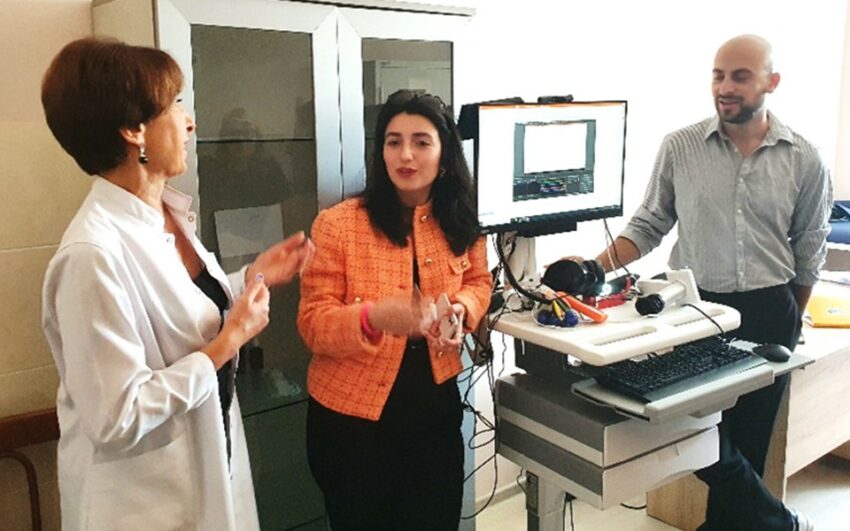
TEL in Global Health: Telehealth in Georgia
In the latest blog from our series describing TEL’s work in Global Health, Richard Price, Global Health Education Technology Advisor, discusses recent work to support the provision and implementation of a telehealth solution for rural Georgia.
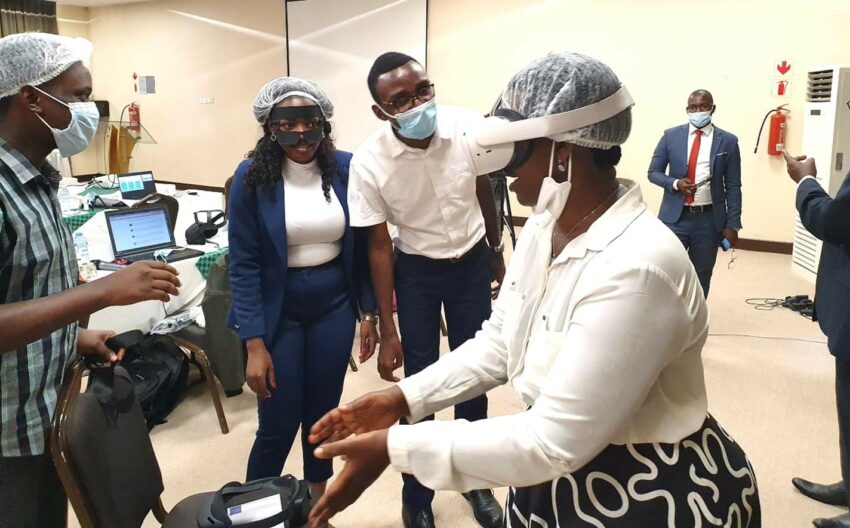
Virtual Reality for Trauma Care in Uganda
Uganda has one of the highest global incidences of trauma from violence and injury, with road traffic mortality 40% above the global average. This is particularly true in Kampala, where boda boda (motorcycle taxis) are frequently involved in accidents, causing life-threatening trauma injuries. A lack of knowledge and capacity to treat trauma and perform emergency…
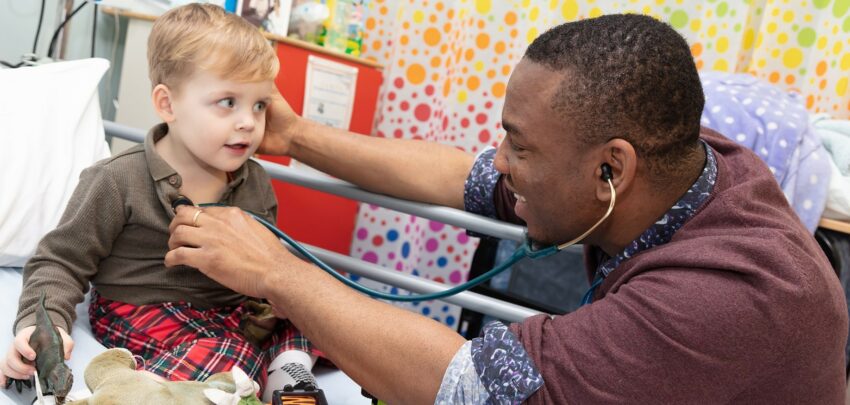
An Introduction to TEL in Global Health
The importance of global collaboration in tackling health issues has never been clearer than in the past 2 years. In an era dominated by health insecurity, new recognition has been found for the interconnectedness of global health systems and the need to work together to solve global health inequalities. International collaboration has 2-way benefits. It…
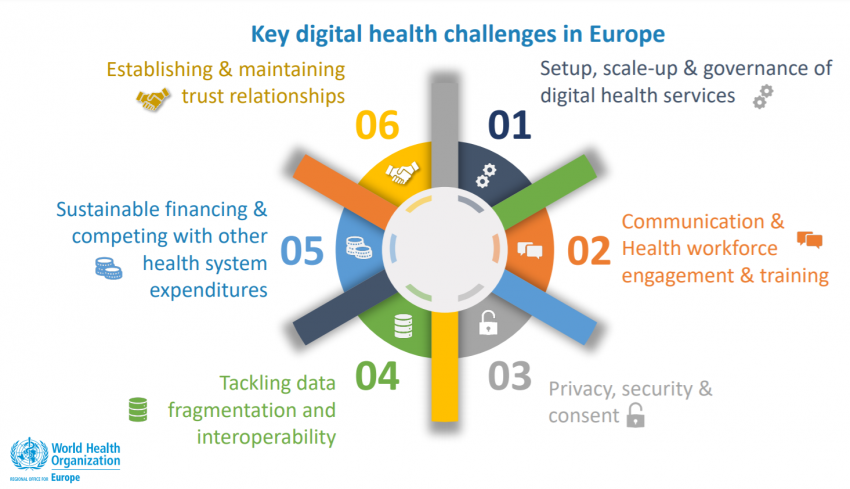
The World Health Organization and Technology Enhanced Learning
As a member of Health Education England’s Technology Enhanced Learning (HEE TEL) team, I had the great privilege of meeting with Clayton Hamilton of the World Health Organization (WHO) earlier this month to learn about and discuss the cross-over between our work on technology enhanced learning in healthcare. The WHO is an executive department of…

How do health and care learners use technology?
In Health Education England’s (HEE) Technology Enhanced Learning (TEL) programme, we want to make sure everything we do gives the best possible learning outcomes for the health and care workforce, so they can provide the best possible care for patients. The best way to do this is to speak to our learners and find out…
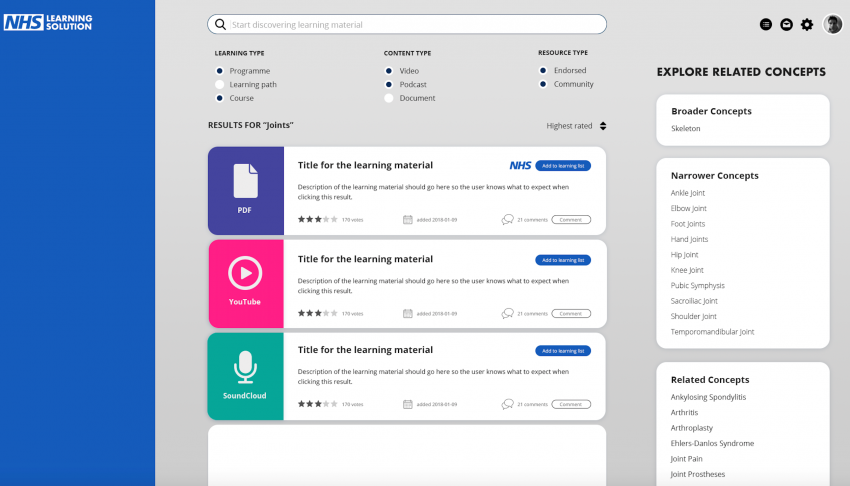
Taxonomies to support search
Taxonomies are the words which describe the relationship between objects in the world around us. In many respects, you could consider them our superpower! Without these taxonomies, the search and interoperability between systems we take for granted on our phones, tablets and laptops, simply wouldn’t work. This hidden layer of language is known as the…